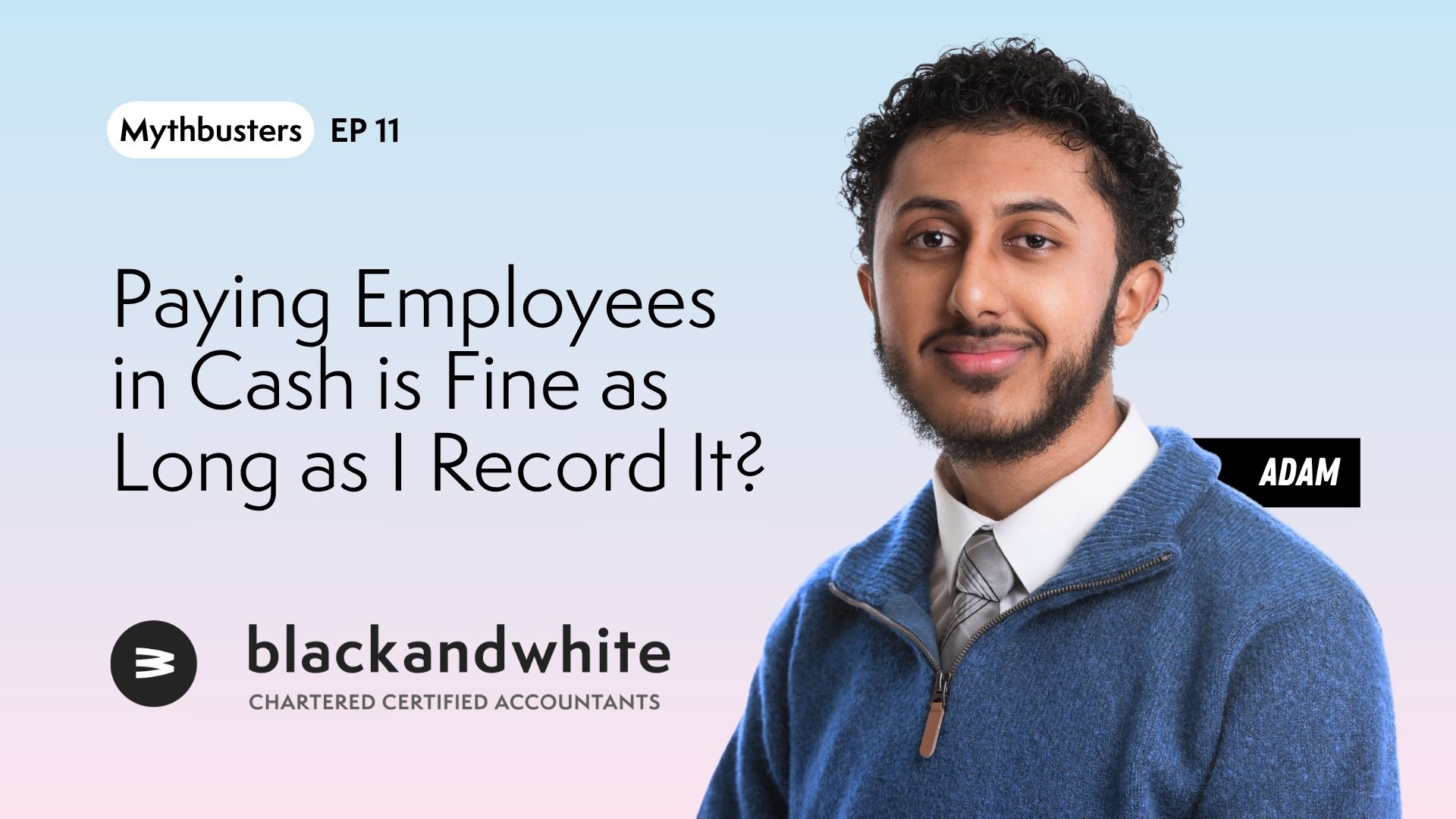Cryptocurrency has opened up exciting new avenues for investors and businesses alike. Whether you’re deep into DeFi or just dipping your toes into Bitcoin, understanding the tax implications of selling crypto in the UK can be your key to keeping more of those hard-earned gains. As specialists in crypto accounting, we’re here to guide you through the most tax-efficient ways to sell your digital assets, ensuring you stay compliant while maximising your returns.
1. Know Your Tax-Free Allowance
One of the simplest but often overlooked strategies is making the most of your Capital Gains Tax (CGT) allowance. In the UK, the annual CGT allowance for the 2023/2024 tax year is £6,000 (2024/2024: £3,000). If your gains from selling crypto stay within this threshold, you won’t pay a penny in CGT. But here’s the trick—you can spread your disposals over different tax years to fully take advantage of this allowance every year. Strategic planning around when you sell can significantly reduce your overall tax burden.
2. Use Losses to Your Advantage
Crypto’s notorious volatility can be frustrating, but from a tax perspective, it can work in your favour. If you sell crypto at a loss, that loss can be offset against any gains from other assets or even carried forward to reduce your tax bill in future years. If you had losses from previous years but forgot to declare them, don’t worry! You can still report them within four years, meaning future profits could be taxed less.
3. Gifting Crypto Between Spouses
A little-known but powerful tax hack is gifting crypto to your spouse or civil partner (no gain no loss basis). This transfer is tax-free and can allow you to double your household’s annual CGT allowance, making it an incredibly effective tool for families who invest together. Your spouse or partner can sell the gifted crypto under their own tax-free threshold, reducing your tax exposure as a unit.
4. Stagger Your Sales
If you’re sitting on a large crypto portfolio, don’t be in a rush to cash out all at once! By staggering your sales across tax years or by selling only small portions at a time, you can gradually sell without crossing into higher tax brackets or triggering a big CGT bill in one go. This is especially important if your disposals are pushing you close to the higher rate CGT threshold, which could see your tax rise from 10% to 20%.
5. Consider Tax Implications of Crypto-to-Crypto Trades
Many investors don’t realise that exchanging one cryptocurrency for another (for example, trading Bitcoin for Ethereum) is considered a taxable event. Each trade is viewed as a disposal for CGT purposes, even if you don’t convert it to GBP. To avoid unnecessary CGT hits, plan your crypto-to-crypto trades with care. If you’re looking to rebalance your portfolio, keep in mind that holding off on certain exchanges until the timing aligns with your tax strategy can save you big.
6. Move to a More Favourable Tax Jurisdiction (Temporarily or Permanently)
For the adventurous, relocating to a country with more favourable crypto tax laws could be a game-changer. While this isn’t feasible for everyone, moving abroad, even temporarily, could save you a significant amount in tax. Just be sure you understand UK tax residency rules—if HMRC still considers you a UK resident, your overseas gains might still be taxable. Careful planning and a good tax advisor are essential here.
7. Take Advantage of Your Personal Income Allowance
If you have a low income, or your income from other sources is below the personal allowance threshold (£12,570 for 2023/2024 and 2024/2025 tax years), you can use that allowance against your crypto gains. This is particularly useful if you’re retired, working part-time, or using crypto as a side hustle. You may end up paying little to no tax on your crypto sales!
If your partner has capacity within their personal allowance threshold, why not transfer the crypto to them for them to dispose of first?
8. Incorporate Your Crypto Trading
For regular traders or those running crypto businesses, incorporating and operating through a limited company might make sense. Some companies pay corporation tax at 19%, which is often lower than the personal CGT rates, especially for higher earners. While company structures come with their own complexities, this route can offer tax deferral options and more flexibility in how you extract profits. Do check though what legal name the currency is in; for it to be owned by the limited company, it needs to be in the limited company name.
9. Inheritance Tax: Plan Ahead
As your crypto portfolio grows, consider its impact on your inheritance tax (IHT) liabilities. In the UK, crypto is subject to IHT, just like other assets. However, there are ways to mitigate this, such as gifting crypto during your lifetime or setting up a trust. Additionally, if certain crypto investments qualify for Business Relief, you might be able to reduce or even eliminate IHT on these assets.
10. Don’t Forget to Track Everything
HMRC’s stance on crypto is becoming stricter, and with advancements in blockchain tracking technology, they are more capable of tracing crypto activity than ever before. This means record-keeping is critical. You need to document every transaction—whether it’s a sale, trade, or gift—along with the date, value in GBP, and any associated fees. This meticulous tracking will help ensure you claim the correct tax reliefs and avoid penalties.
Conclusion: Get Professional Help
The cryptocurrency tax landscape is evolving, and as the space grows, so does HMRC’s scrutiny. Selling crypto tax-efficiently requires more than just knowing the rules—it’s about strategic planning and execution. Working with a specialist crypto accountant, like us, ensures you stay on the right side of the law while making the most of your investments.
Ready to sell your crypto the tax-smart way? Contact us for a bespoke consultation and let’s make sure you keep more of your crypto gains where they belong—in your wallet.


